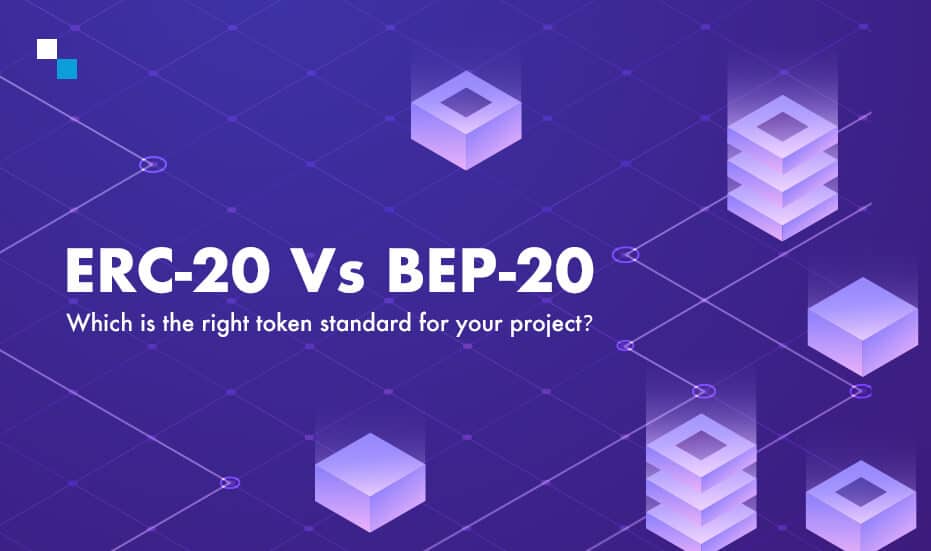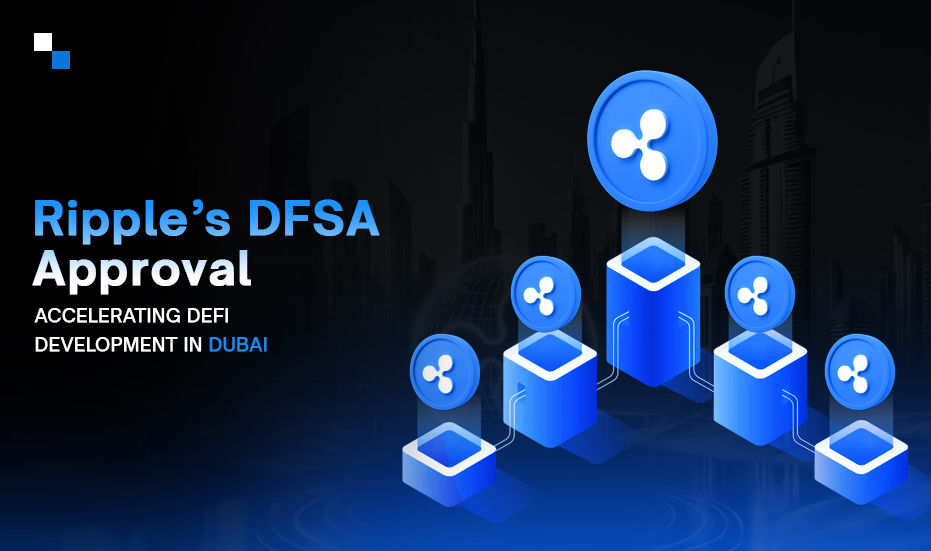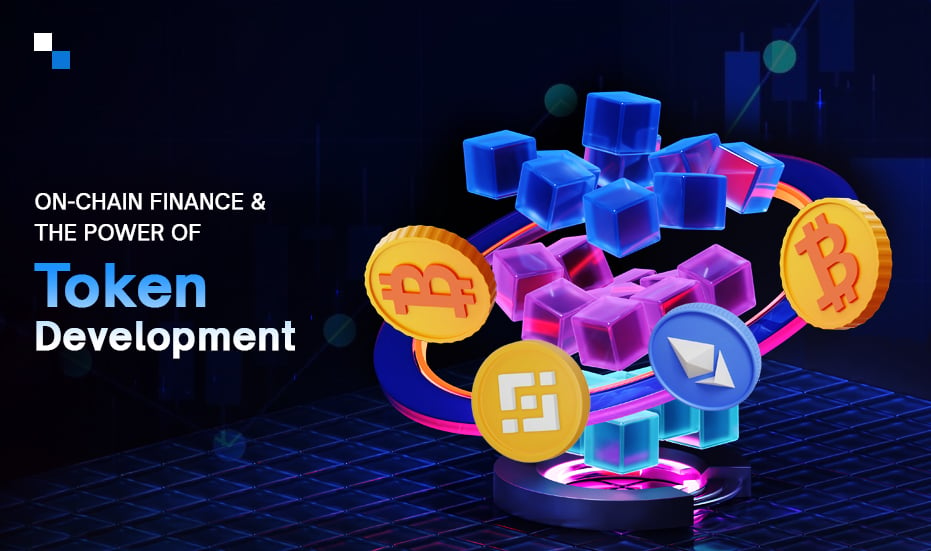Crypto tokens are primarily used and developed by startups and SMBs to raise funds for their new projects. To increase the efficiency of their chains and simplify the token development process for developers, both Ethereum and Binance have developed their token standards. In Layman’s terms, token standards are a set of rules defined to develop, issue, and deploy new tokens on a specific blockchain.
For example, ERC-20 is an Ethereum-based token standard that allows users to create new tokens based on the standards defined by the Ethereum Blockchain. Similarly, the token standard BEP-20 is used to create tokens on the Binance Smart Chain. The token standards are designed to reduce fraudulent practices in the crypto industry.
Whether you’re looking to invest in BEP20 token development or ERC20 token development, this blog will help you understand the key differences between ERC-20 and BEP-20 token standards. But before moving further, let’s understand some primary aspects of the token development process.
Primary Aspects of Token Development
Following are some primary aspects that users must understand before starting with BEP20 or ERC20 token development process:
Token Compatibility
Whether you’re investing in ERC20 token development or the BEP20 token development, tokens must be designed to be compliant with ERC-20 or BEP-20 token standards respectively.
Token Cap
The maximum number of tokens that can be generated needs to be predefined. This ensures token buyers that the tokens are available in a limited quantity.
Token Supply
The maximum supply for the number of tokens must be predefined at the time of token generation.
Token Issuance
It indicates whether new tokens will be issued through mining or staking or both.
Token minting
The token owner can define how the users can mint the tokens. They can also stop minting the tokens to inflate the token value.
Token Burning
Tokens built using ERC-20 and BEP-20 standards could also be burnt to reduce the supply or increase demand.
Token Rights
Token owners can have governance rights or voting rights. These rights can help them vote for token minting and burning.
Token Listing
The process of token development also involves getting the tokens listed on exchanges.
Develop your own BEP20 vs. ERC20 Token with Us
Schedule Free DemoBEP20 vs. ERC20: Understanding the Difference
The following factors will help you clearly understand the key difference between BEP20 and ERC20 tokens:
Gas Fees
BEP20 is a clear winner over ERC20 when it comes to gas fees. Due to BSC’s PoSA (Proof of Stake Authority) block validation method, the transaction fee for the BEP20 token is much lower than ERC20. The average transaction fee charged by ERC20 is around $12 whereas BEP20 tokens don’t cost more than a few cents at the time of transaction. The intrinsic value of Ethereum is much higher than BSC. While carrying out transactions using ERC20 tokens, users have to pay the gas fees in Ethereum and find it a bit costlier when compared to BEP20.
Block Verification Speed
Transaction speed or Block verification speed for both ERC20 and BEP20 tokens varies largely. The PoSA block validation method gives BEP20 transactions a faster execution speed as compared to transactions conducted through ERC20. The average block verification speed on the underlying Blockchains is approximately 3 seconds for BSC and close to 15 seconds for Ethereum. Though Ethereum is planning to move from Proof of Work to Proof of Stake in the coming days, the execution time for ERC20 transactions may reduce to a greater extent.
Security
Though BEP-20 tokens offer benefits such as faster transaction speed and lower gas fees, the BSC’s PoSA block validation model has received a lot of criticism due to its potential security weakness. For block verification, BSC relies on just 21 selected validators whereas Ethereum has over 70,000 validators distributed across the network. The low number of validators on BSC leads to trust issues among several potential users.
Conclusion
To conclude, one can easily understand that BEP20 tokens offer faster execution time and superior gas fees at the expense of security. On the other hand, the ERC20 token could provide greater peace of mind to someone highly focused on security.
In the current scenario, ERC20 tokens are enjoying greater attention due to Ethereum’s popularity. However, BEP20 will surely catch up with ERC20 in the future due to its speed and affordability.
If you’re looking to create ERC20 token or BEP20 token by hiring a renowned token development company, then it is advisable to get in touch with Antier Solutions. We are pioneers in providing diligently-crafted token development services to our clients at the best possible prices. We boast a team of more than 350 skillful professionals who work dedicatedly to provide best-in-class ERC20 and BEP 20 token development services.





